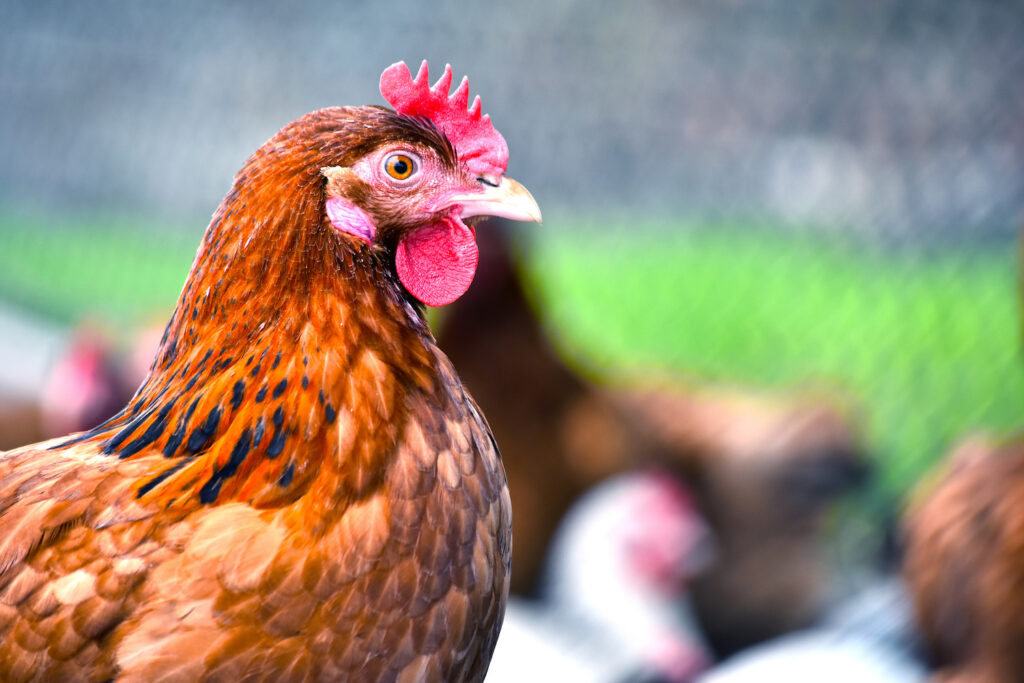Five new avian flu cases confirmed across England
22nd November 2021
Bird keepers in parts of North Yorkshire are now required to keep birds indoors.
Defra has confirmed a series of further avian flu outbreaks across the country, and implemented a partial housing order.
H5N1 has been detected in birds at premises near:
- Wells-next-the-Sea, north Norfolk
- Thirsk, Hambleton, North Yorkshire
- North Fambridge, Maldon, Essex
- Mouldsworth, Cheshire West and Chester, Cheshire
- Silecroft, Copeland, Cumbria.
A 3km protection zone and 10km surveillance zone has been put in place around the premises in Essex, Cheshire and Cumbria, as testing has confirmed highly pathogenic strains of H5N1. Further testing is underway at the other sites to confirm pathogenicity, and 3km and 10km temporary control zones have been implemented in the meantime.
From 8.30pm yesterday (21st November), a new avian influenza prevention zone was declared in the districts of Harrogate, Hambleton and Richmondshire, North Yorkshire. It is now a legal requirement for bird keepers in these areas to keep birds indoors and follow strict biosecurity measures to limit the spread of disease.
The chief veterinary officer is urging bird keepers to act immediately in response to the new localised housing measures, taking steps to safeguard animal welfare, consult their vet and if necessary, put up additional housing.
There have now been 15 cases since 26th October.
The avian influenza prevention zone introduced on 3rd November also requires all bird keepers in Great Britain to take a range of biosecurity precautions:
- keep free-ranging birds in fenced areas to minimise contact with wild birds, neighbouring poultry or captive birds
- inspect outdoor areas, removing wild bird contaminants like faeces, feathers and wild bird carcases
- fence off or put netting over areas of standing water or ponds
- provide feed and water undercover, so wild birds can’t access it
- make your premises unattractive to wild birds. Use bird scarers, foils or streamers
- keep ducks and geese separate from other poultry
- store bedding under cover to reduce the risk of contamination
- clean and disinfect footwear before and after tending to your birds. If you own more than 50 birds, place foot dips containing government approved disinfectant at all entry and exit points
- clean and disinfect hard surfaces regularly
- clean and disinfect equipment and vehicles to avoid disease spread between premises
- minimise the movement of people, vehicles and equipment to and from bird areas and keep records of movements
- keep records of poultry, captive bird and egg movements
- maintain buildings that house birds to prevent water ingress
- ensure pest control is effective

